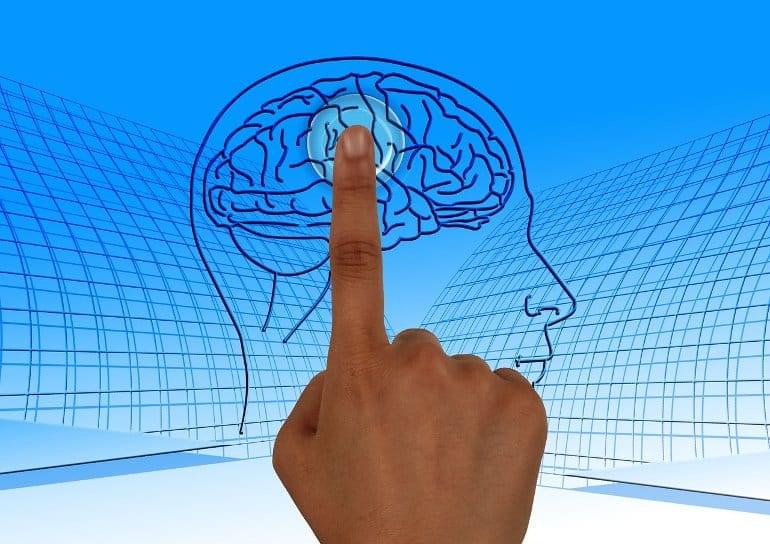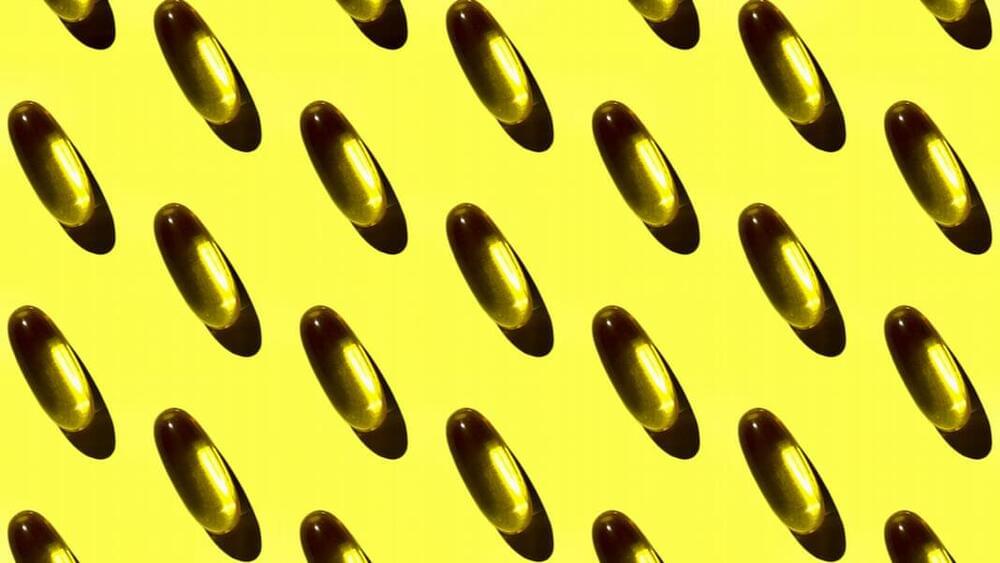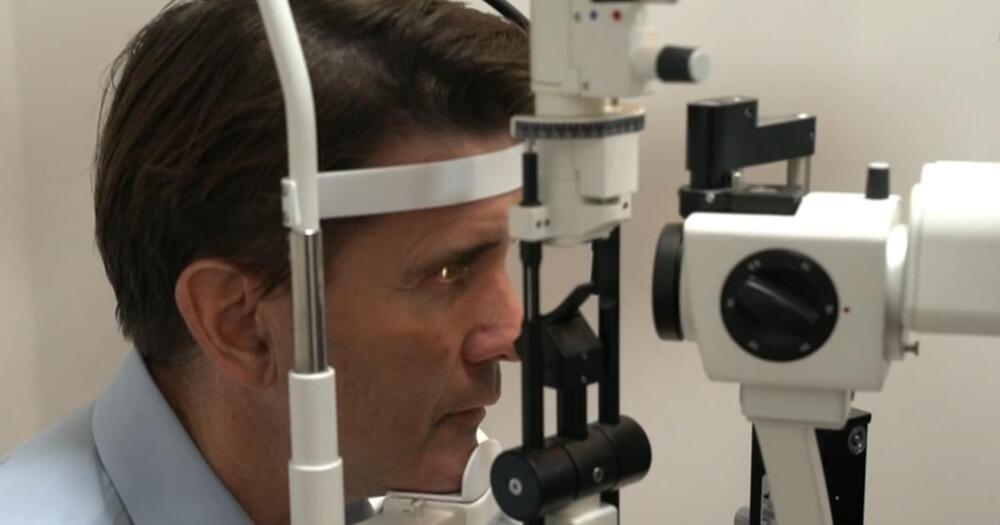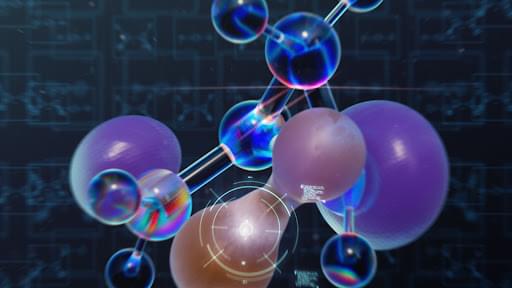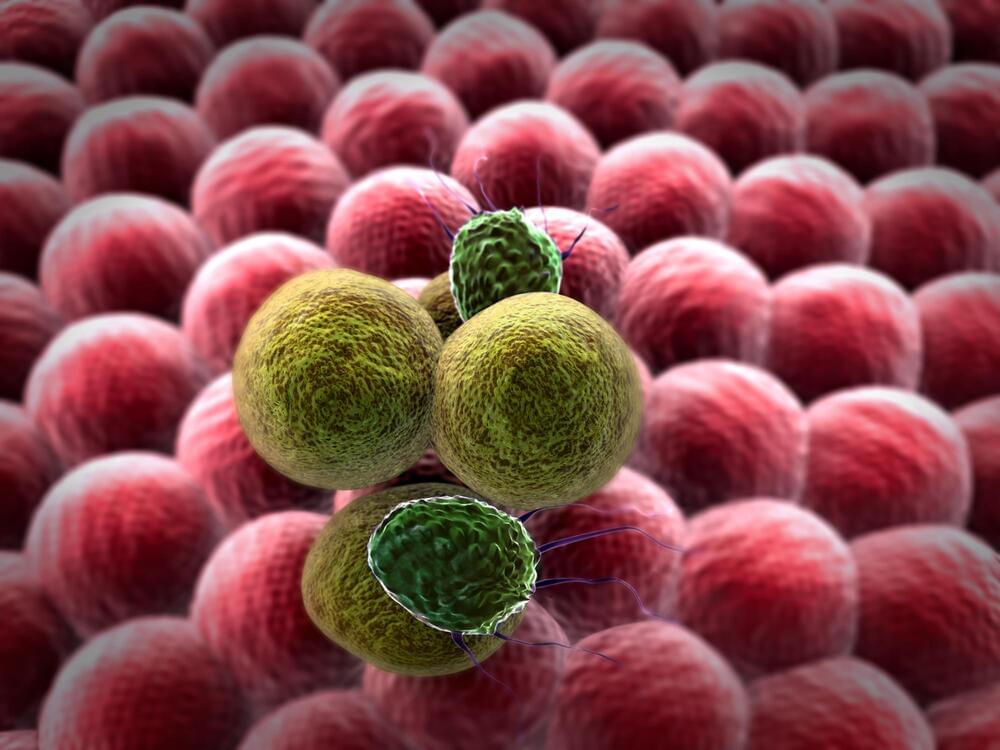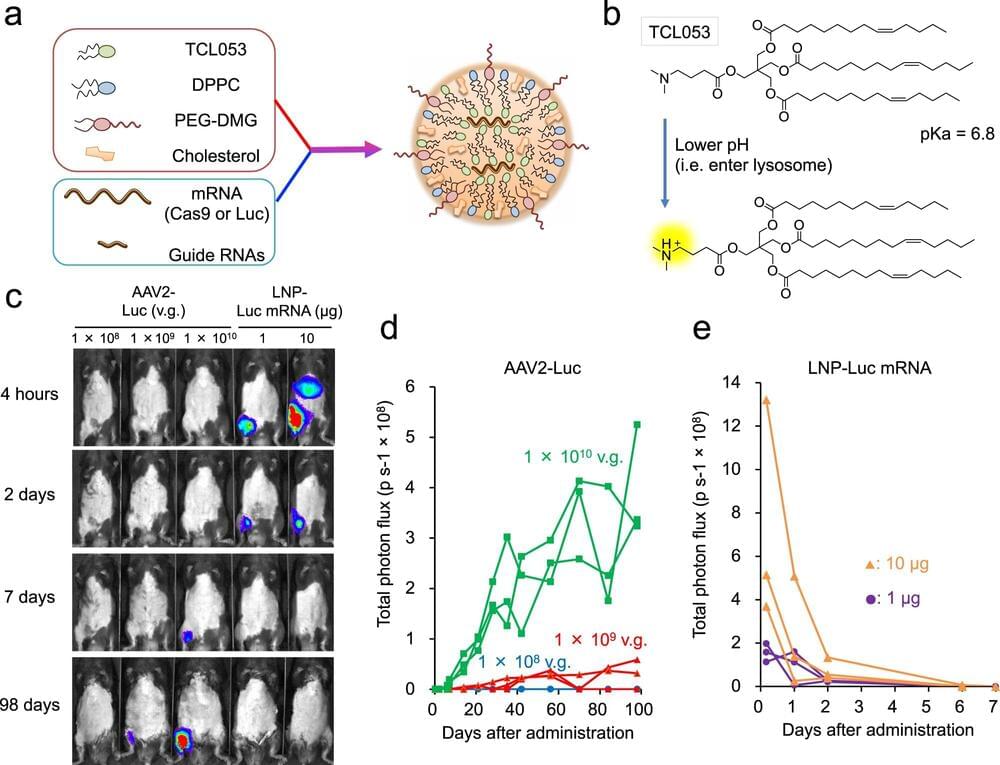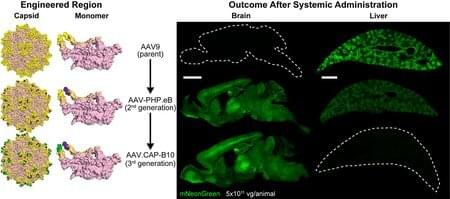
Gene therapy is a powerful developing technology that has the potential to address myriad diseases. For example, Huntington’s disease, a neurodegenerative disorder, is caused by a mutation in a single gene, and if researchers could go into specific cells and correct that defect, theoretically those cells could regain normal function.
A major challenge, however, has been creating the right “delivery vehicles” that can carry genes and molecules into the cells that need treatment, while avoiding the cells that do not.
Now, a team led by Caltech researchers has developed a gene-delivery system that can specifically target brain cells while avoiding the liver. This is important because a gene therapy intended to treat a disorder in the brain, for example, could also have the side effect of creating a toxic immune response in the liver, hence the desire to find delivery vehicles that only go to their intended target. The findings were shown in both mouse and marmoset models, an important step towards translating the technology into humans.

